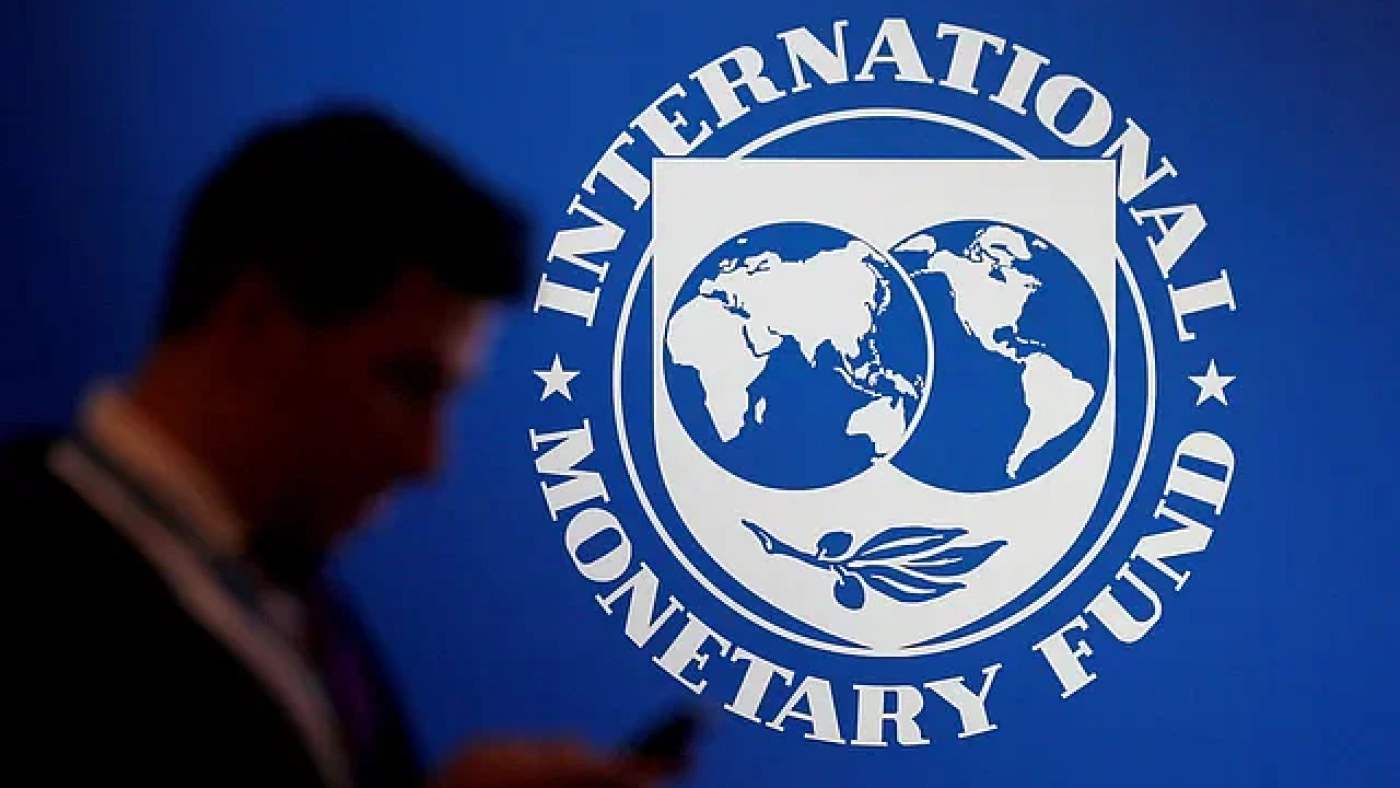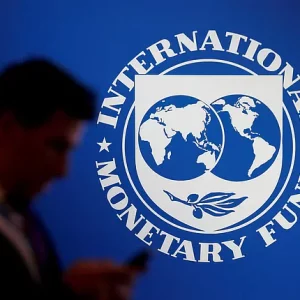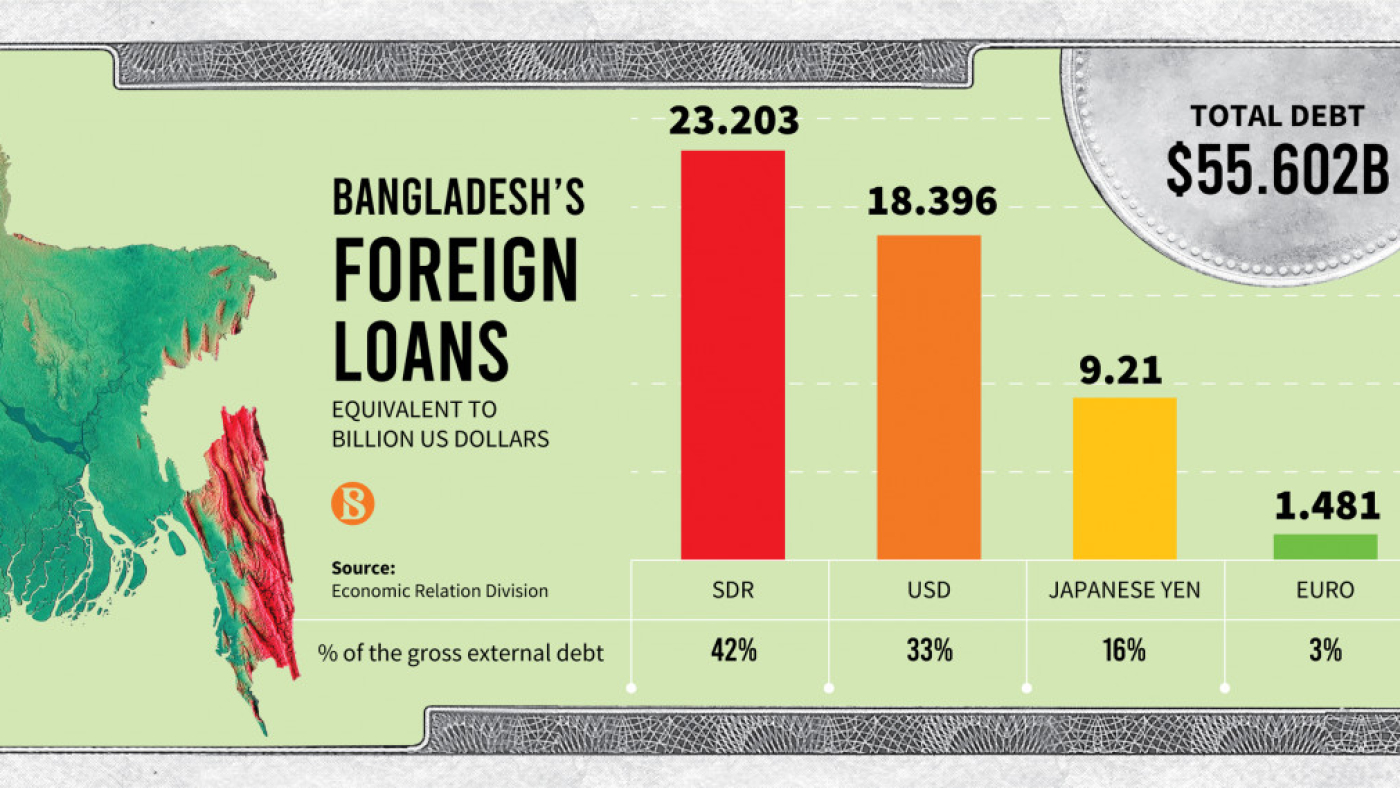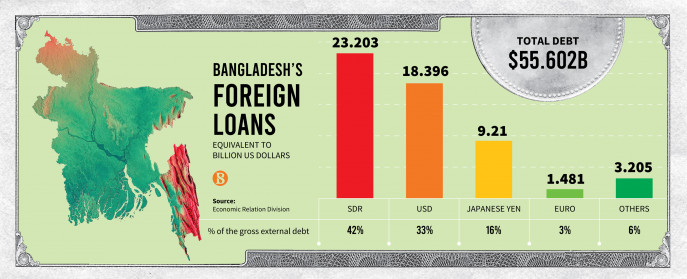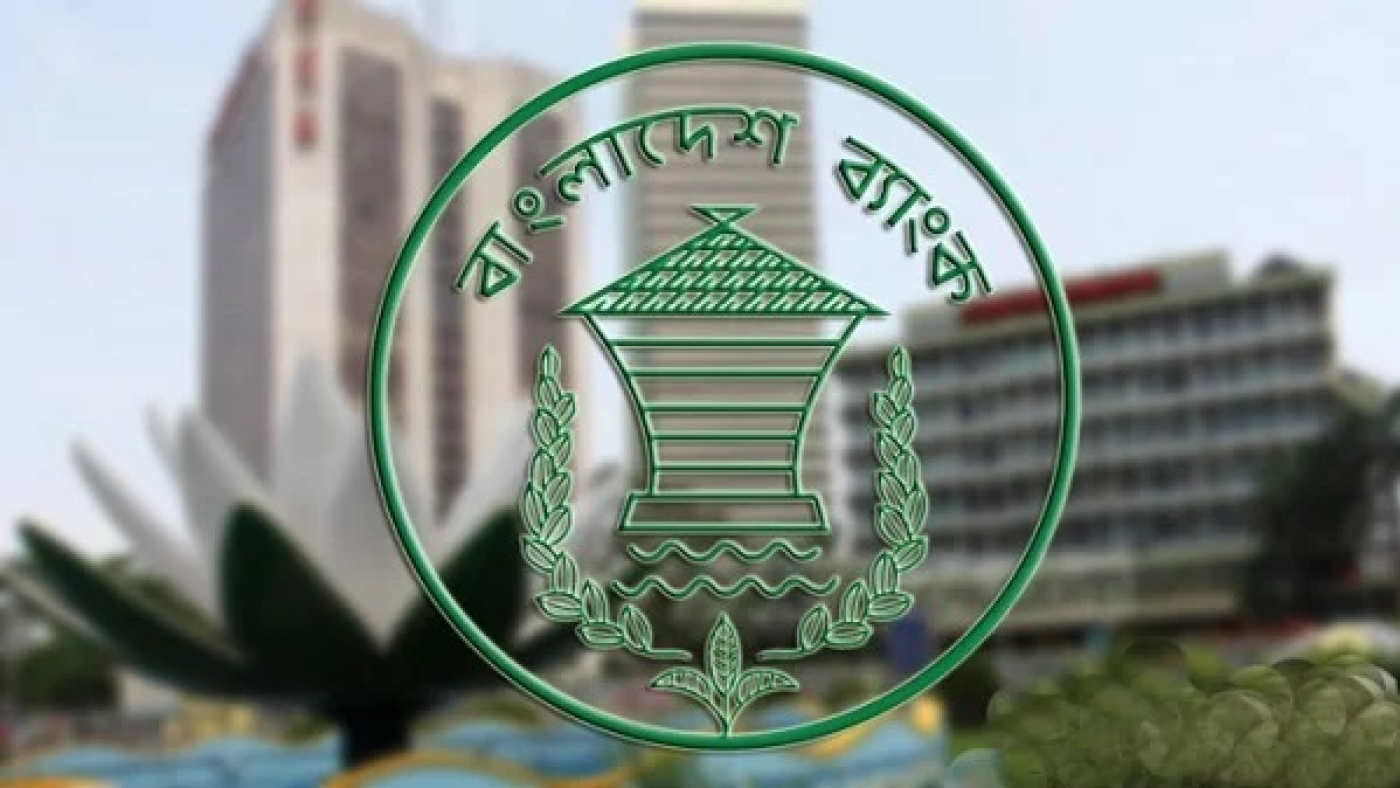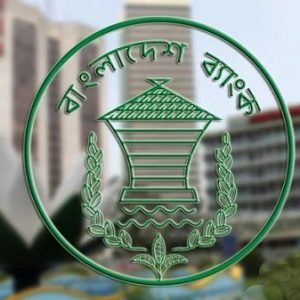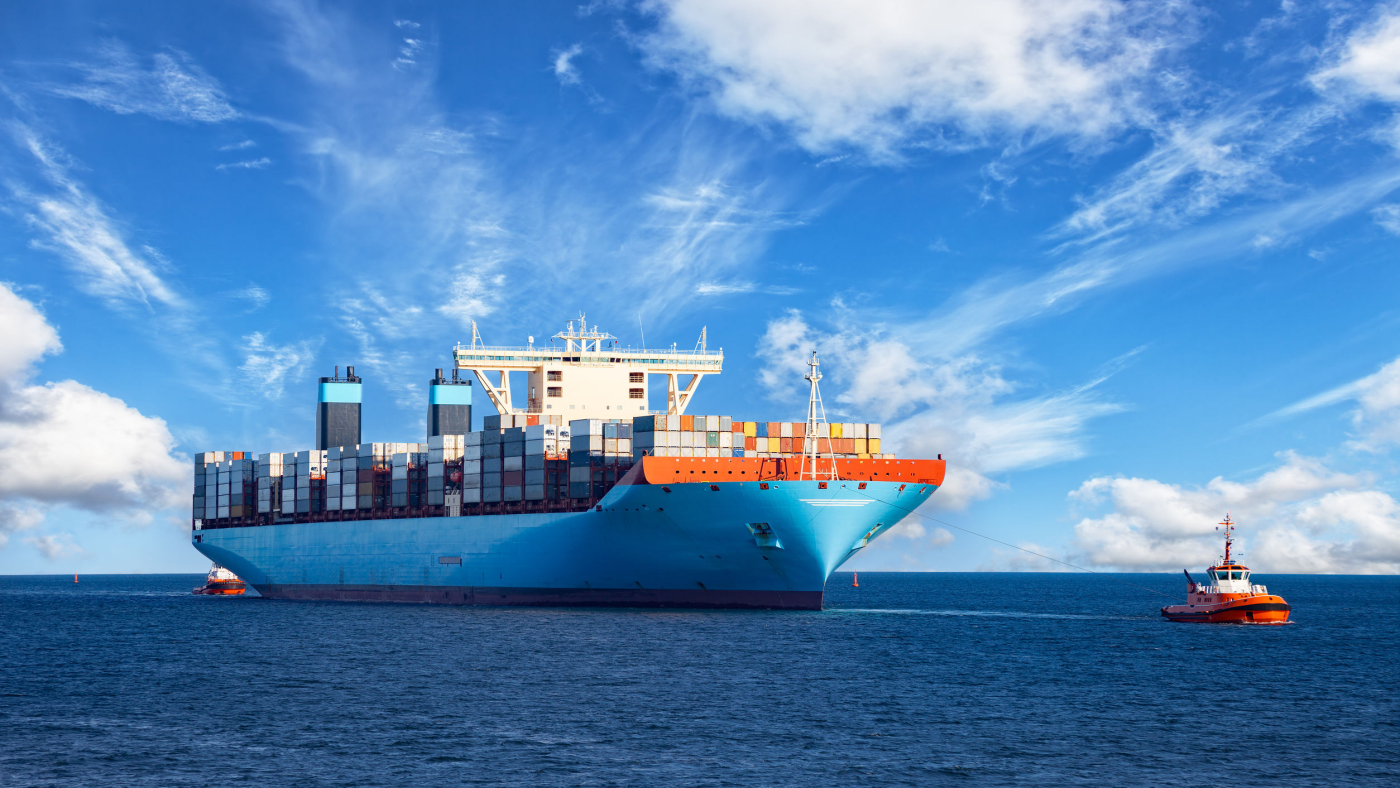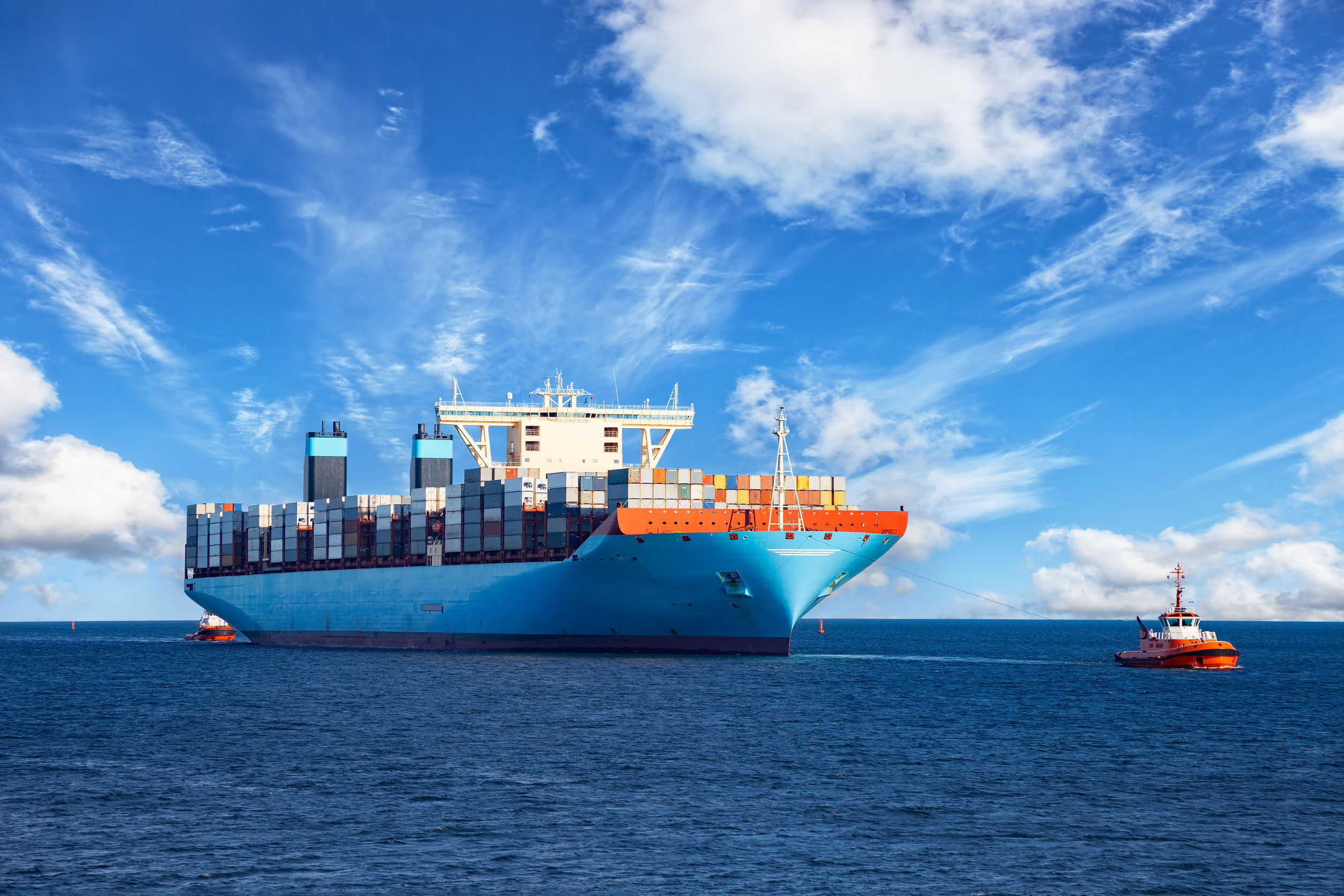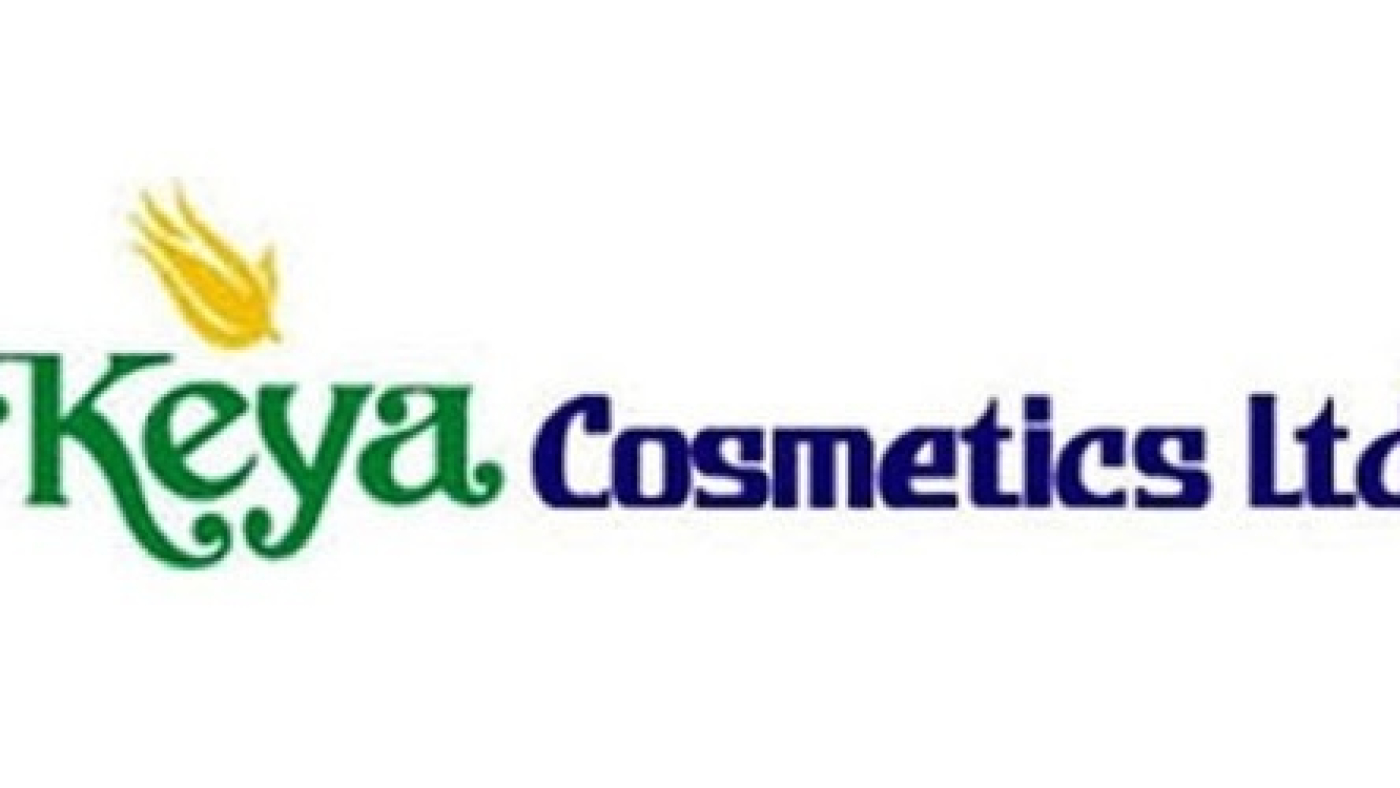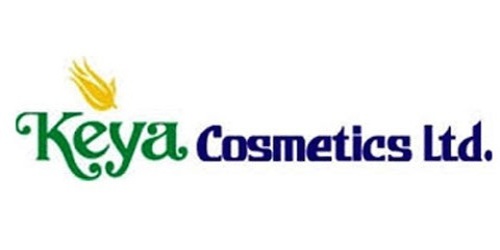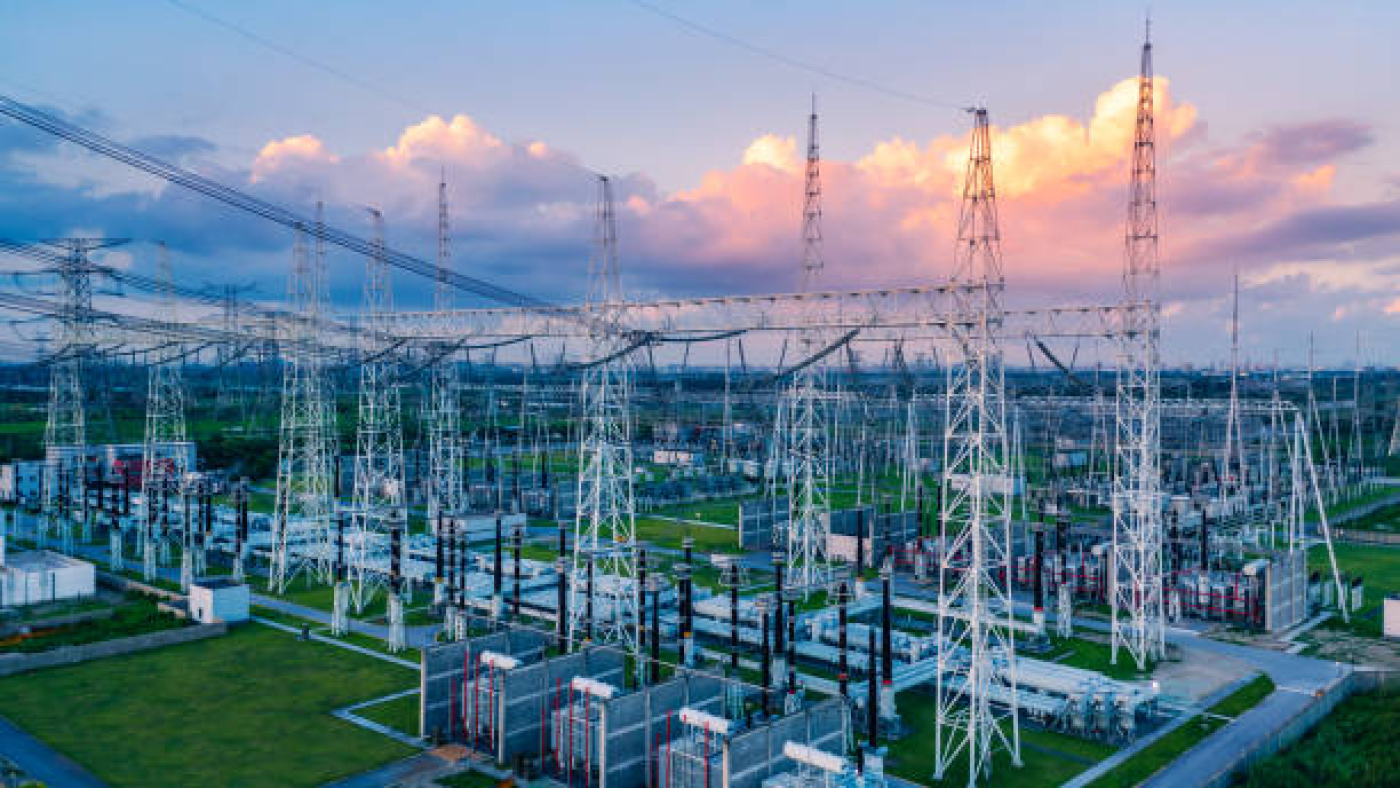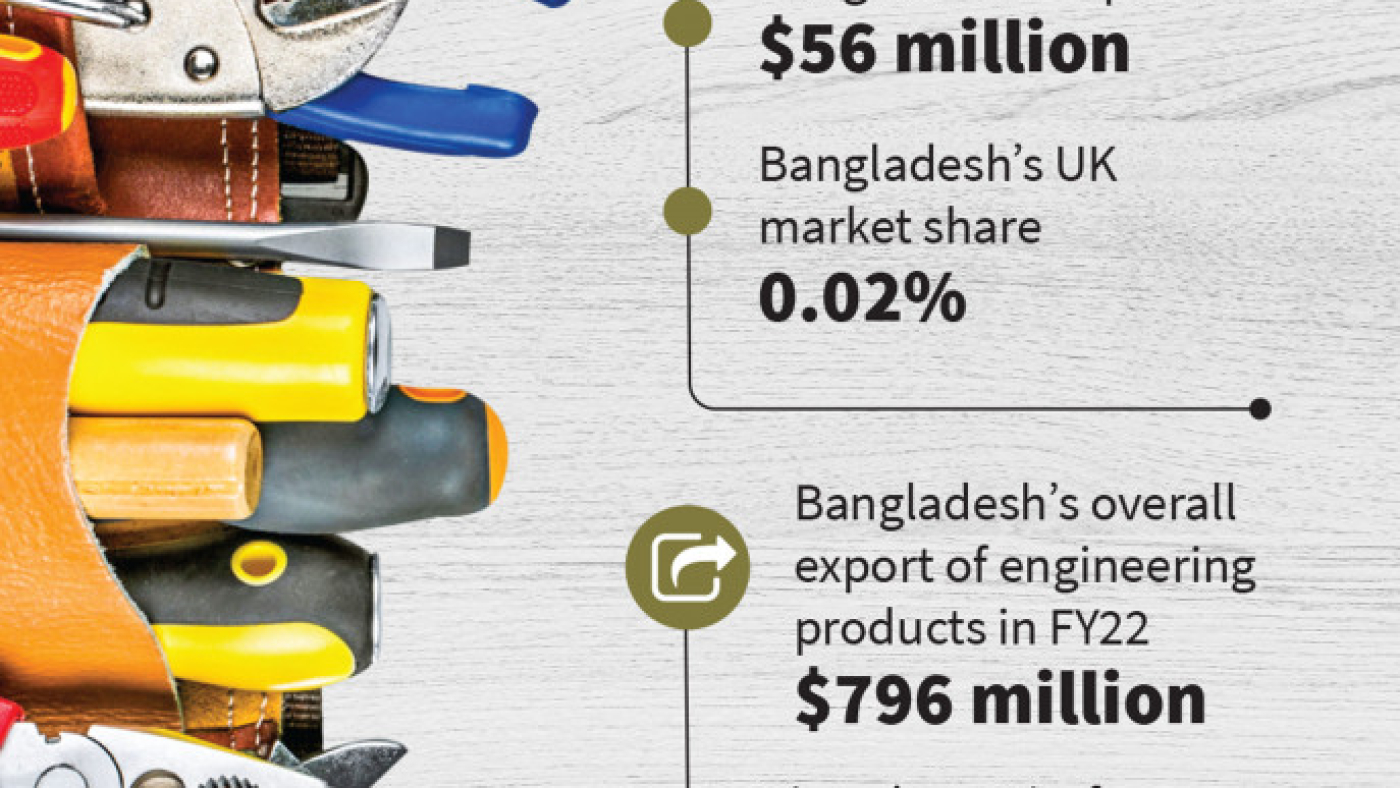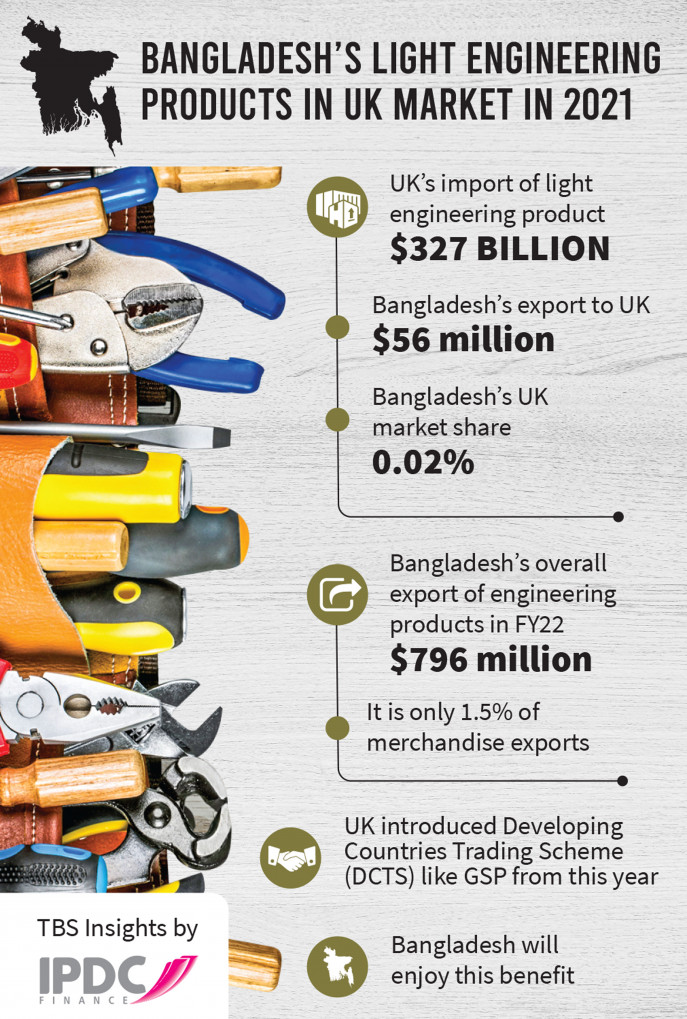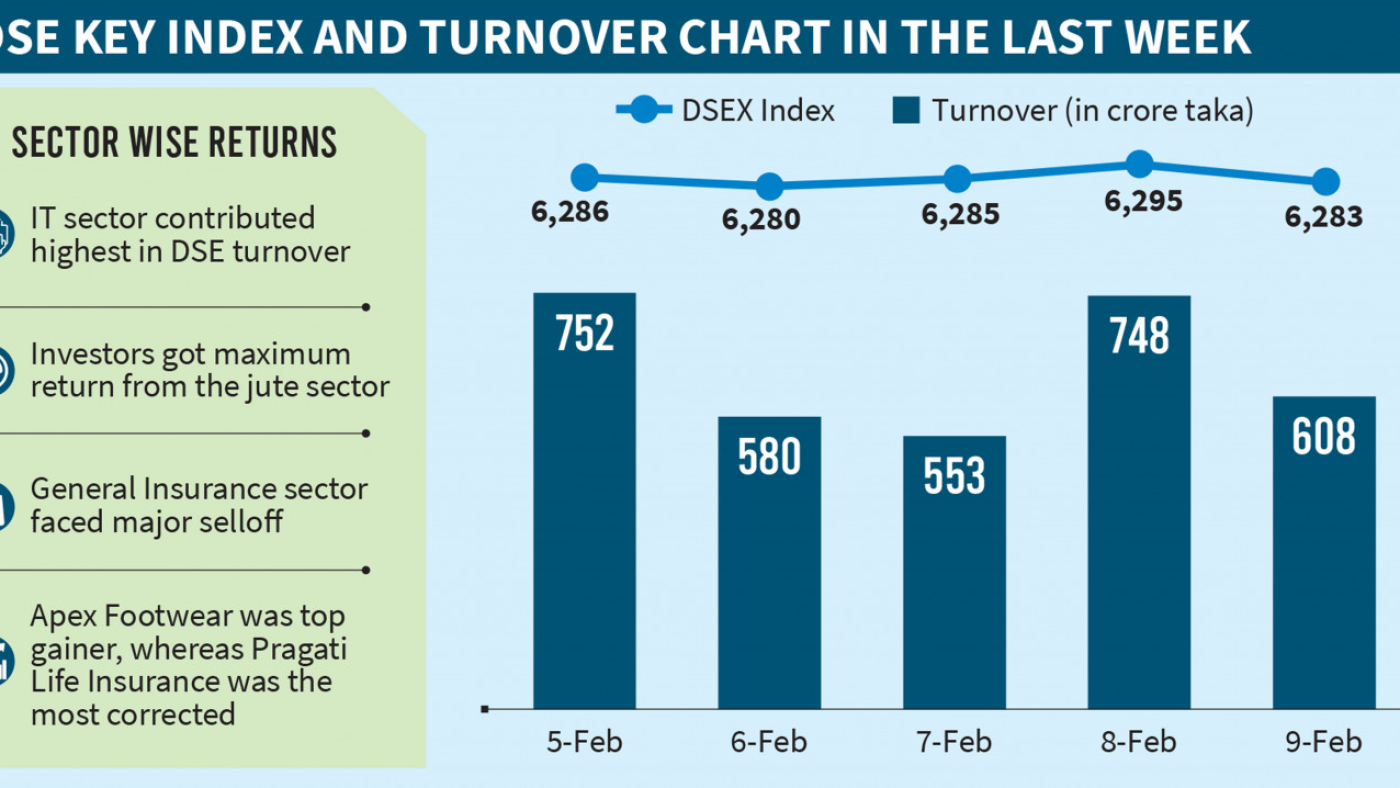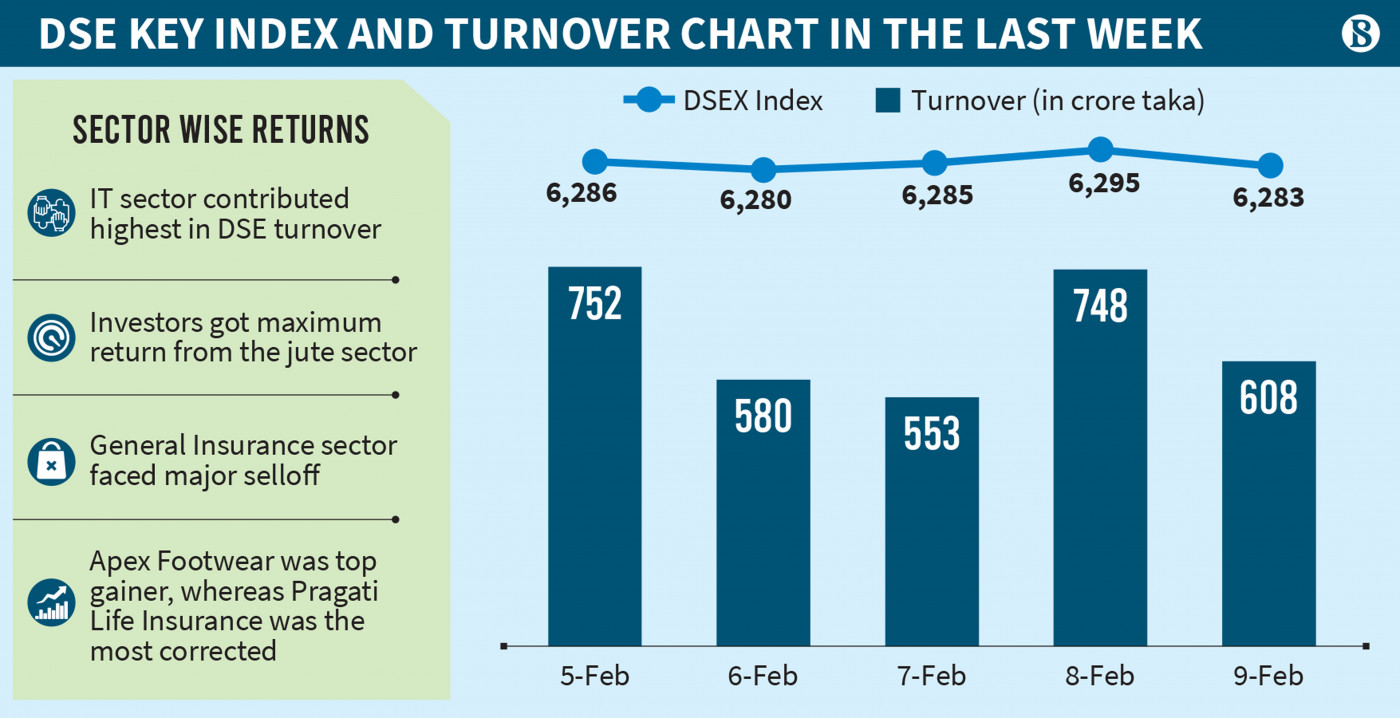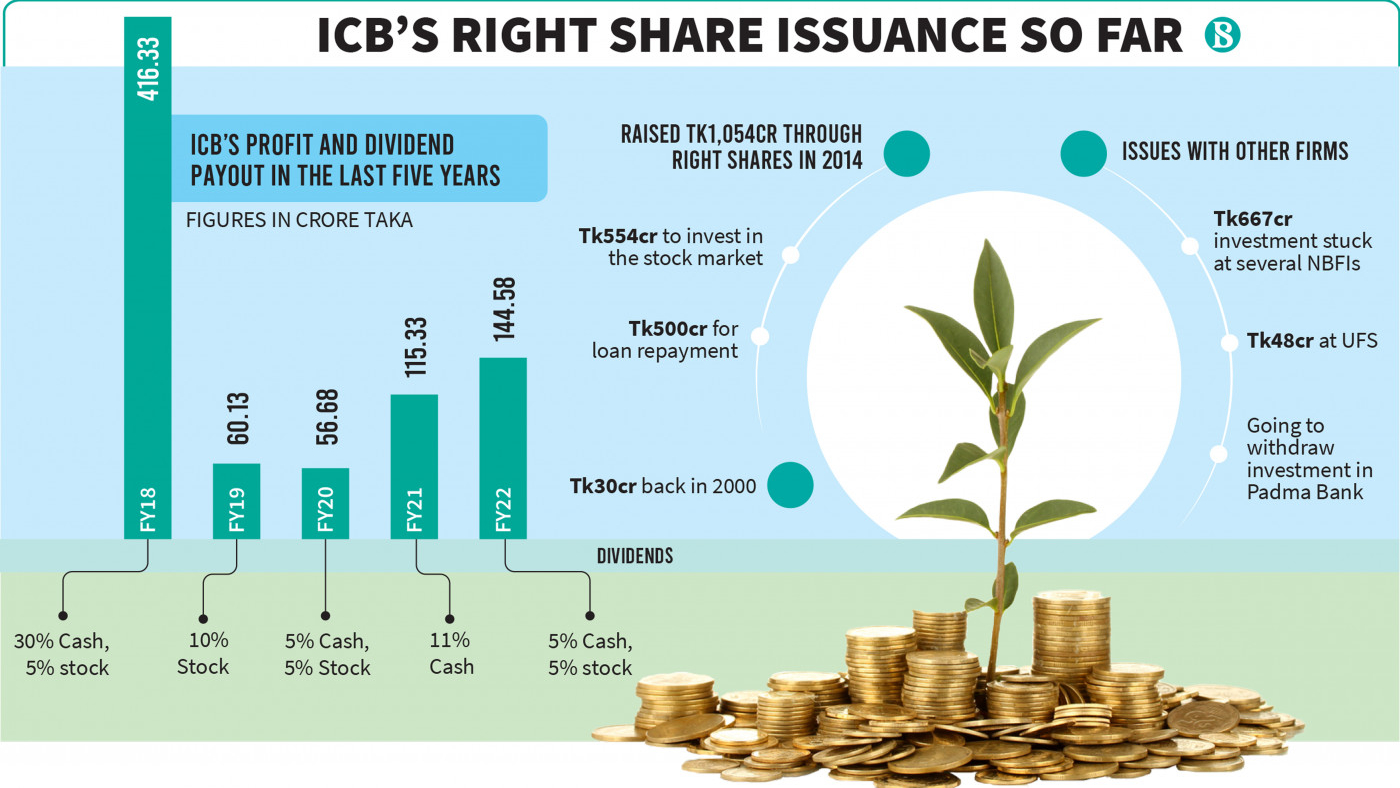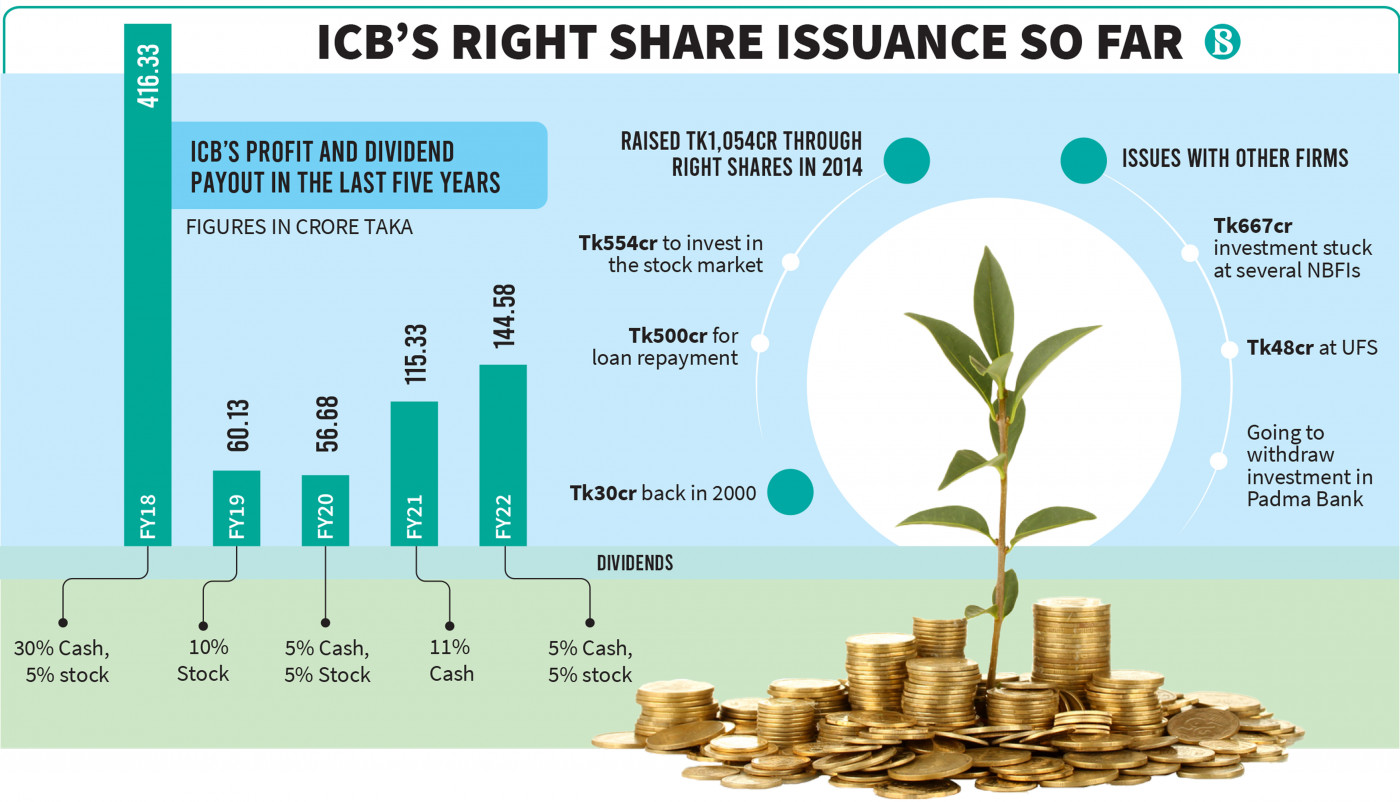Bangladesh’s fruit imports fell 37.79 per cent year-on-year to $157.38 million in the July-January period
The ongoing dollar shortage has limited the number of letters of credit which fruit importers can open, reducing inbound shipments.
While prices have gone up and importers warn that a continuation of the situation could lead to a crisis, a walk around Dhaka’s popular kitchen markets however reveals shops with stocks aplenty.
Fruits worth $157.38 million were imported during the July-January period of the current fiscal year, according to data from Bangladesh Bank.
Year-on-year, it has gone down 37.79 per cent.

Of the most common ones, apples come from South Africa, Brazil, China and Australia, pomegranates from India, pear from Pakistan, sweet orange from Egypt, tangerine from China and India and grapes from India and Pakistan.
Importers said the demand for imported fruits stay high from September to January due to a reduction in supplies of locally grown ones.
The costly US dollar has raised import costs, so retail prices are up at least 15 per cent to 30 per cent year-on-year, said importer Sirajul Islam.
This has reduced sales as the current economic situation was making people prioritise only necessities and so businesspeople are just trying to survive reducing profits, he said.
The American greenback has appreciated by about 25 per cent against the taka in the past one year as the foreign currency reserves of Bangladesh have depleted owing to escalating imports.
The National Board of Revenue (NBR) imposed regulatory duties on the last week of May 2022 to discourage fruit imports due to the dollar shortage
Later, Bangladesh Bank also stopped providing loan facilities for fruit imports.
On May 24 last year, the NBR raised regulatory duty from 3 per cent to 23 per cent to discourage the import of all types of fruits along with other non-essential and luxury goods.
About 40 per cent of the country’s demand for fruits is met locally while the rest have to be met through imports, said Rakib Hossain, office secretary of Bangladesh Fresh Fruits Importer Association.
The Russia-Ukraine war has raised oil prices, increasing transportation costs, said Sirajul Islam, the association’s president.
Tackling such increases in operational costs requires investments and bank loans and all in all the situation has turned difficult, he said.
Though sales of fruits produced abroad have halved, sale of those grown locally have slightly increased, said Mohammad Akbar Hossain, a retailer at Mirpur 11.
Daily sales have gone down from Tk 40,000 a year ago to Tk 20,000 to Tk 22,000 nowadays, said another fruit trader, Mahfuzur Rahman, in Karwan Bazar, one of the biggest kitchen markets in Dhaka.
“I don’t know when I will be able to get out of this critical situation. Due to the decrease in income and the increase in the cost of living, I cannot fulfill many wishes of my wife and children. That’s why I often quarrel with my wife,” he said.


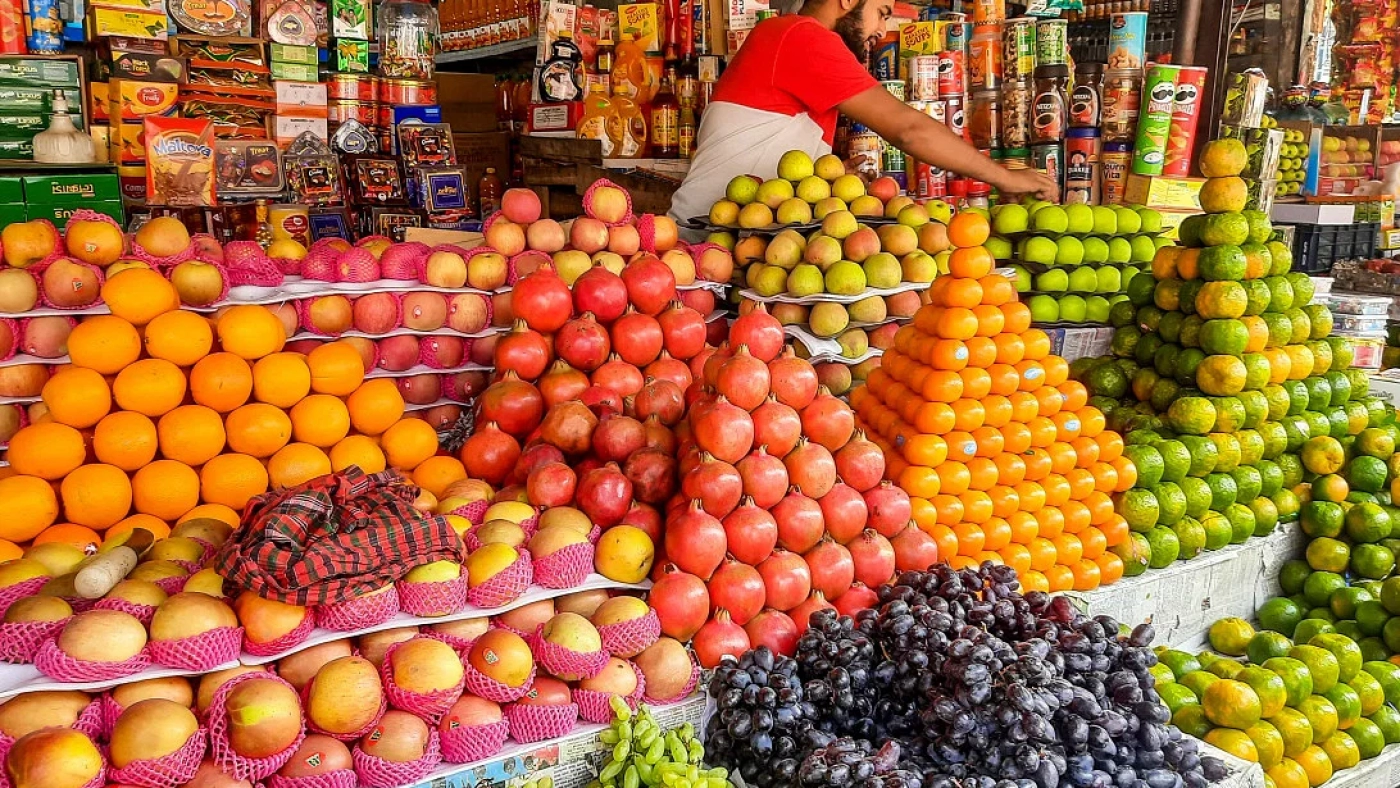
 For all latest news, follow The Daily Star’s Google News channel.
For all latest news, follow The Daily Star’s Google News channel.